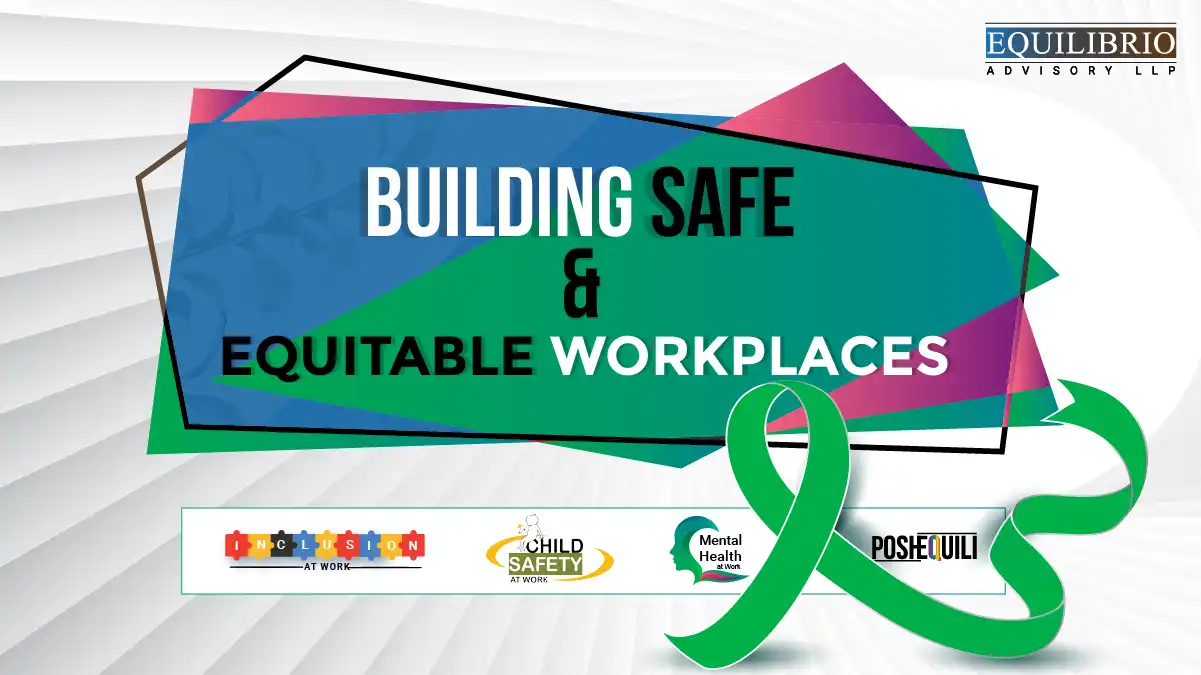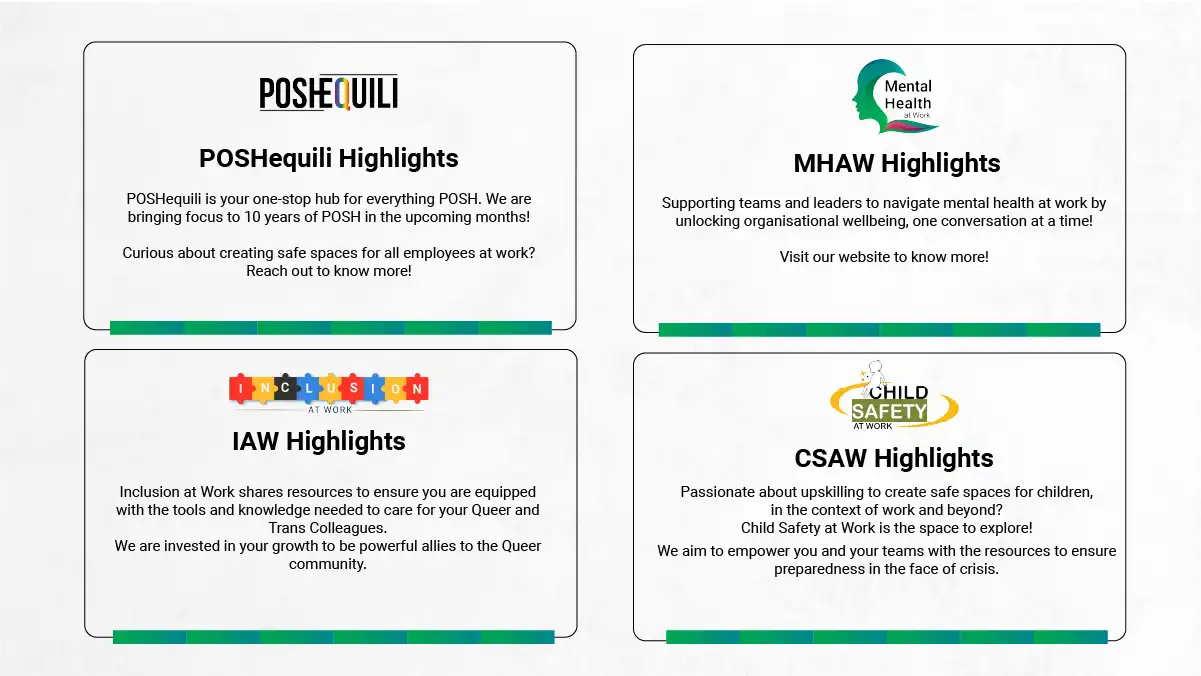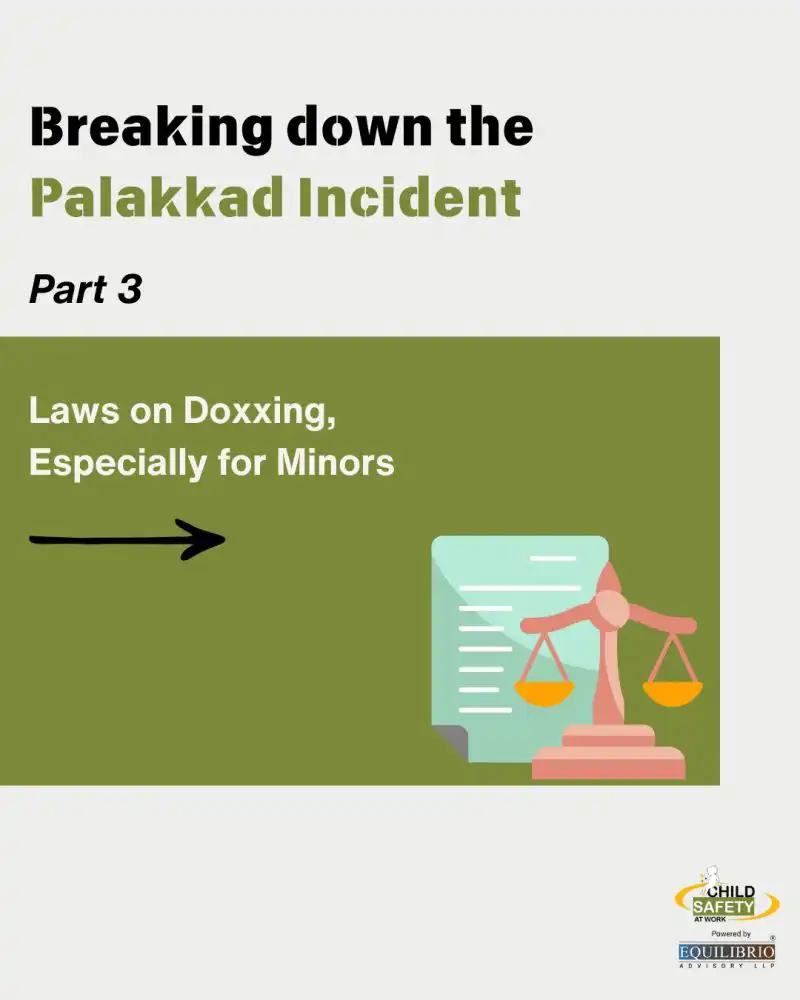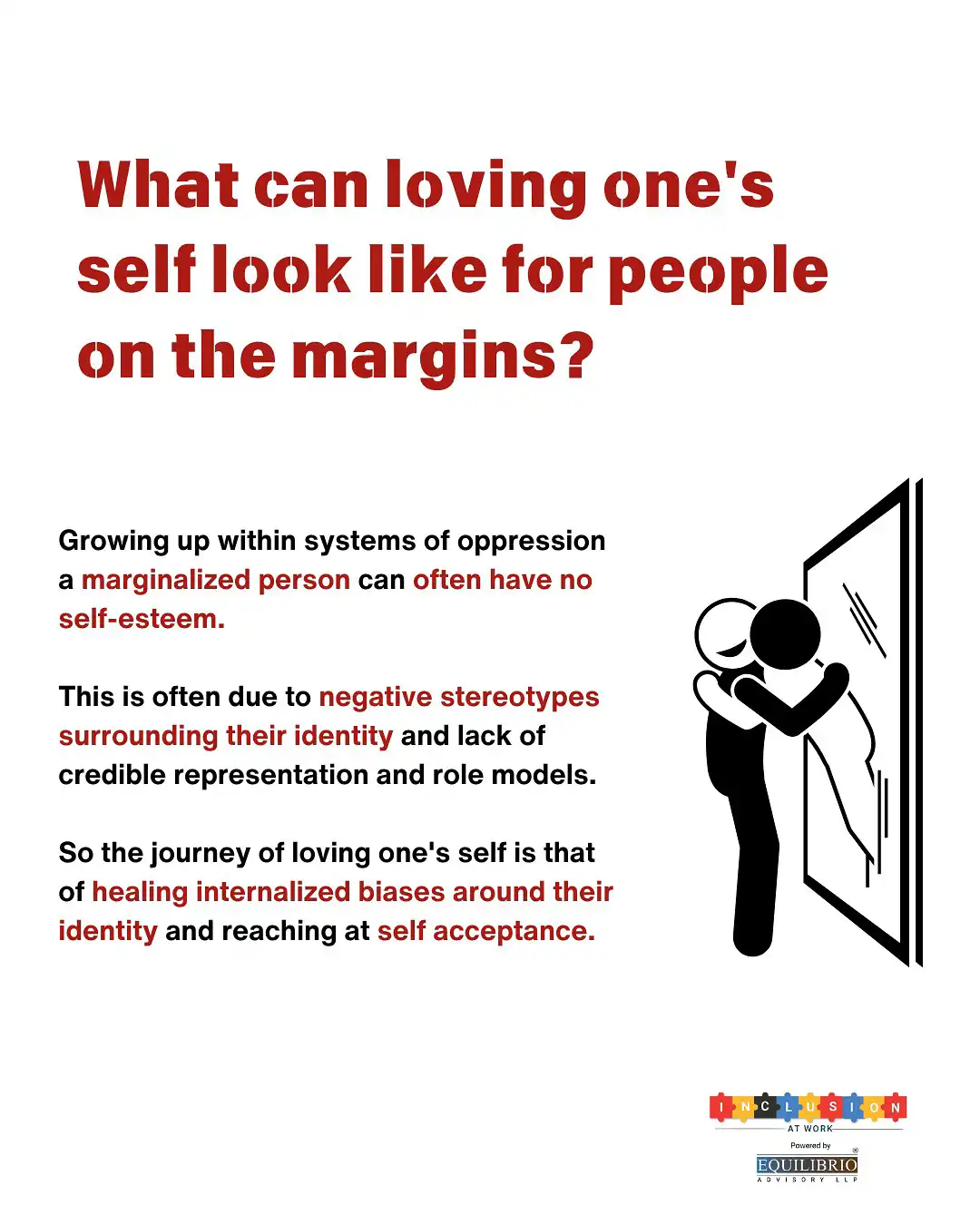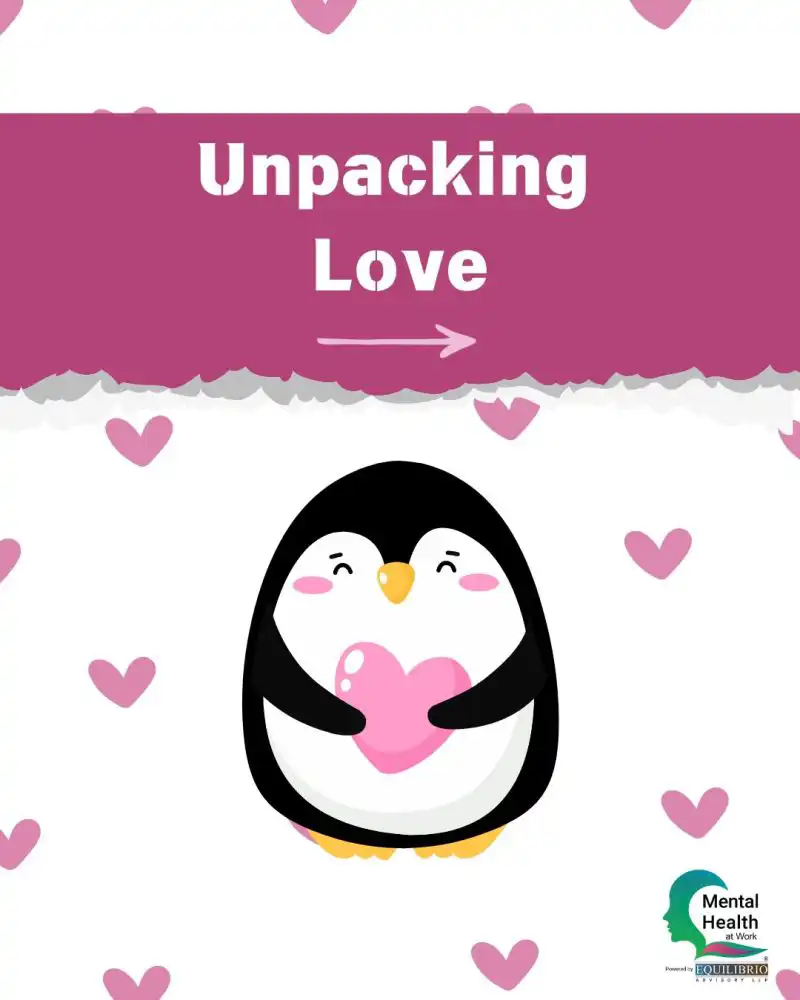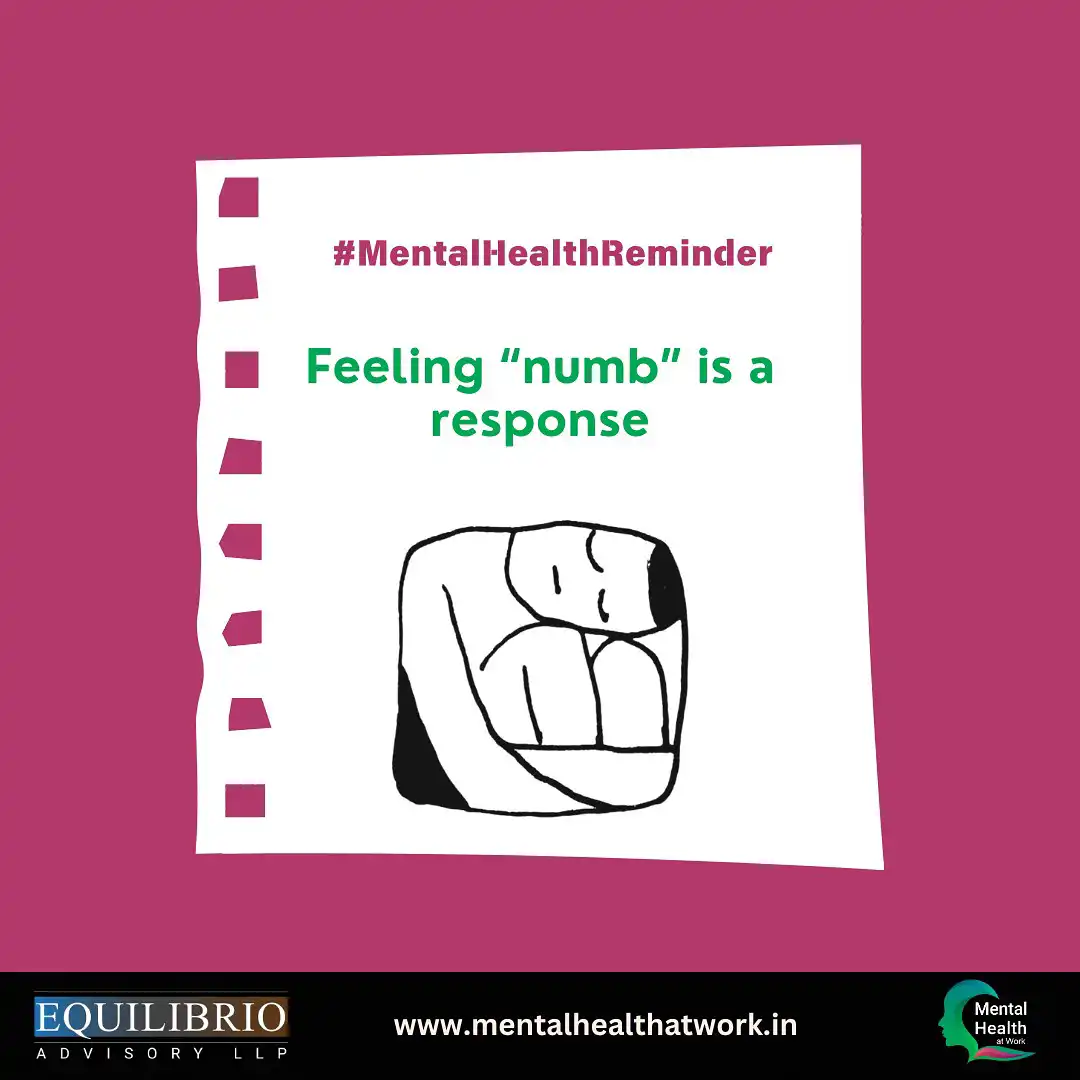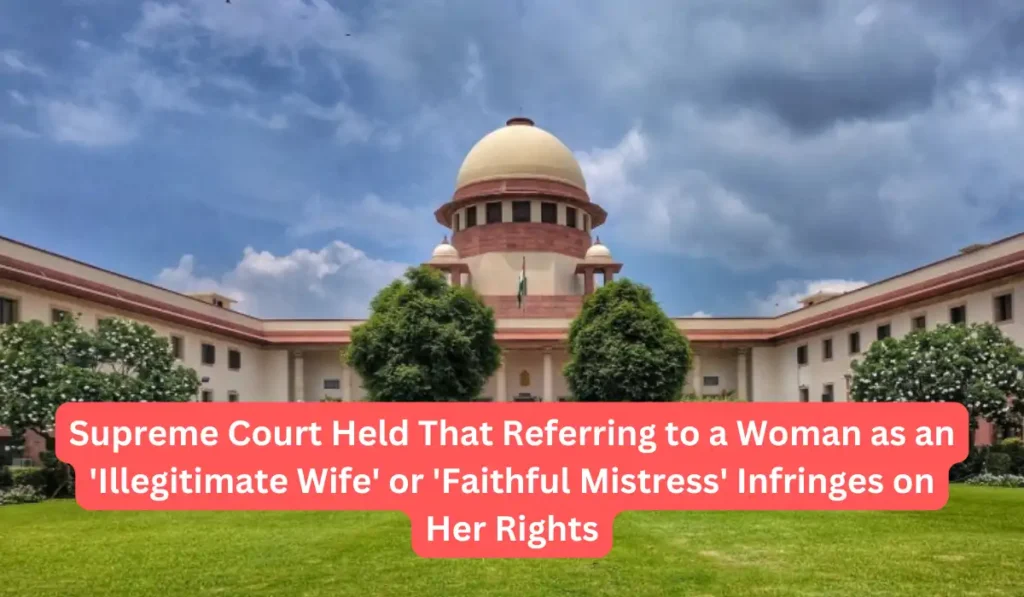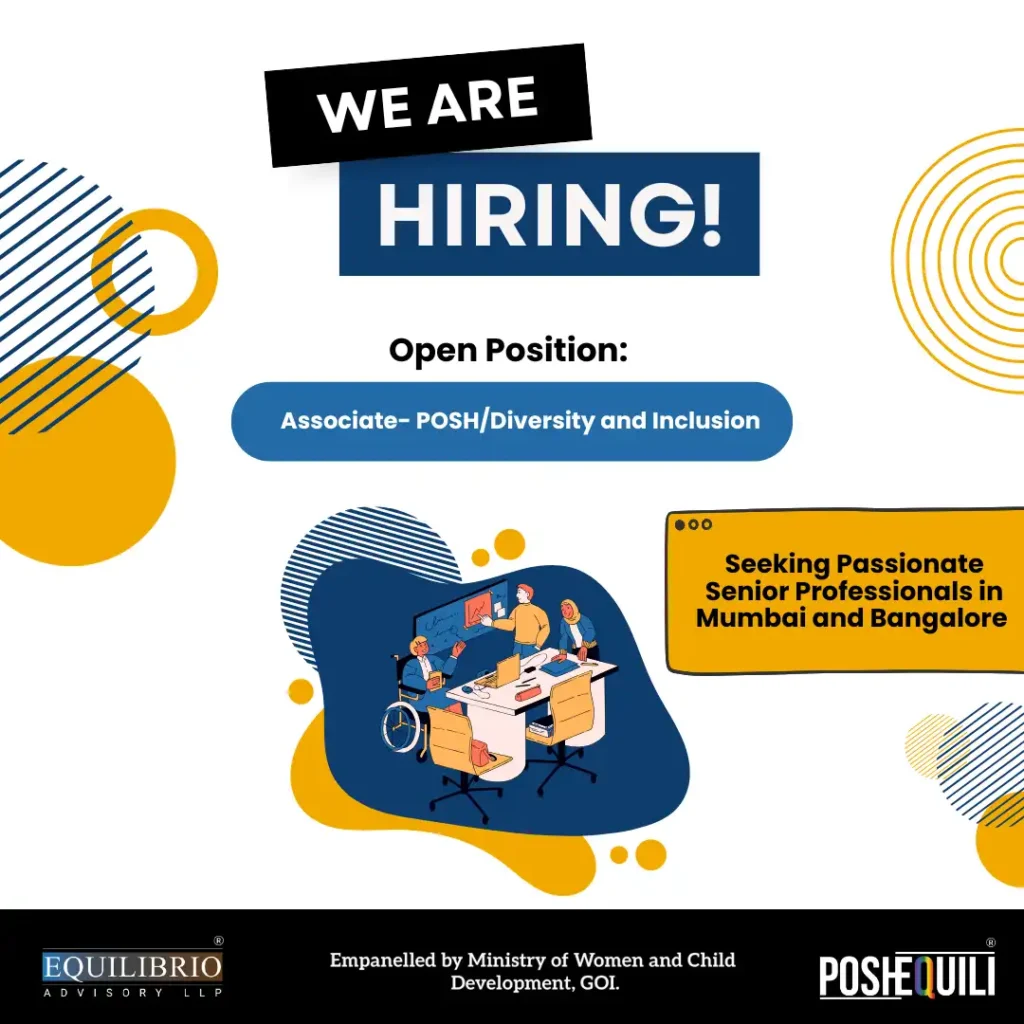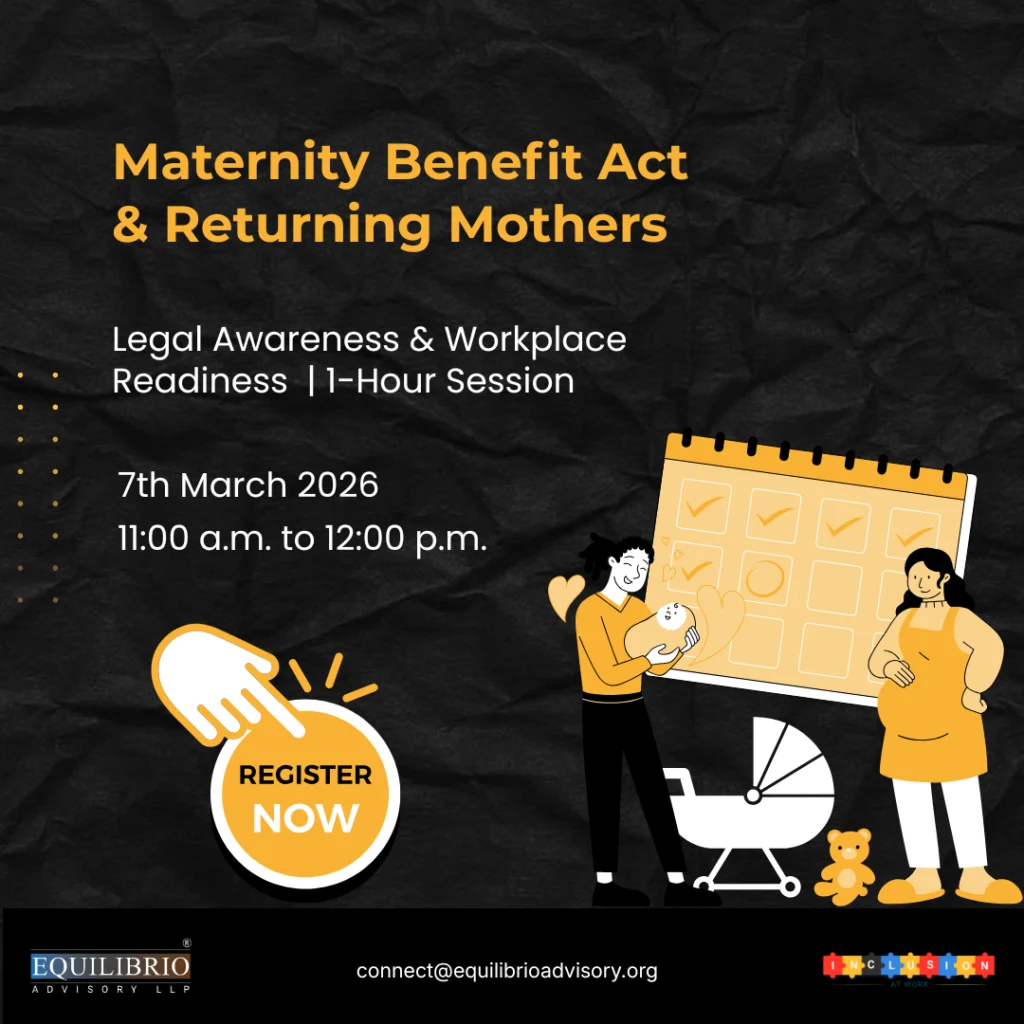The Equilibrio Gazette
A brief bulletin for building safe workspaces!
This weekly newsletter is your gateway to staying current on relevant
laws (like POSH, POCSO, Transgender Persons Act, etc.) and the
psychosocial intersections that impact the workplace.
14th February 2025 | Issue No. 68
In the Spotlight!
Explore ways to build your knowledge and capacity with our team of in-house experts!
Sharing a child’s image online without consent violates privacy rights under the IT Act, POCSO Act, and Juvenile Justice Act. This illegal disclosure risks penalties, including imprisonment. Read more on the linked
Valentine’s Day has evolved, with more people embracing self-love, especially within marginalized communities. For many, self-acceptance involves overcoming biases like misogyny, queerphobia, and ableism. True healing comes from community support. Read more on how to foster allyship and inclusivity on our Instagram.
Love is a spectrum, encompassing self-love, platonic bonds, and romance. Robert Sternberg’s Triangular Theory highlights intimacy, passion, and commitment, creating eight unique types of love. Take a moment to appreciate the love in your life. Read more on LinkedIn.
Feeling numb or detached can be a response to overwhelming emotions, stress, or difficult situations, serving as a coping mechanism. It’s okay to feel this way—your feelings are valid. Remember, you’re not alone. Reach out to Mental Health at Work for support.
Stay Current!
~ Spotlighting Landmark Judgments since passing of the Law!
I - LEGAL UPDATES
The Supreme Court ruled that referring to a woman as an “illegitimate wife” or “faithful mistress” violates her fundamental rights and dignity under Article 21 of the Constitution. Such terms were deemed misogynistic and discriminatory. The Court also urged lower courts to be mindful of language in legal proceedings.
The Chhattisgarh High Court acquitted a husband charged with unnatural sex and culpable homicide, ruling that marital acts, even non-consensual, don’t fall under Sections 376 or 377 of the IPC when the wife is above 15. The judgment raises concerns about marital rape laws and gender equality.
The Gujarat High Court ruled that denying a woman’s promotion in the CRPF based on her HIV-AIDS status was discriminatory. The court criticized the CRPF’s health-related promotion rules, emphasizing that such discrimination violates constitutional rights and is unjust, especially when the individual is capable of performing the role.
II - Exploring Intersections
Traditional love languages like words of affirmation and physical touch are often based on neurotypical experiences, which may not resonate with neurodivergent individuals. People with sensory sensitivities or communication differences may struggle to express or receive love in these ways. Understanding neurodivergent love languages like pebbling, body doubling, and info-dumping can help bridge these gaps, fostering more inclusive and supportive relationships. Embracing these differences not only enhances connection but also supports mental health and emotional well-being. Read more on our LinkedIn.
Engage with us!
Here's your weekly food for thought through a Fun Fact or Quiz.

Have a burning question about POSH? Maybe Mental Health at Work, Child safety or DEI&B strategies? Drop us an email with your query and we would love to answer it, in all seriousness.
Here’s all the tools you need to build safe and equitable workspaces!
Drop us a Hey, to get started!



